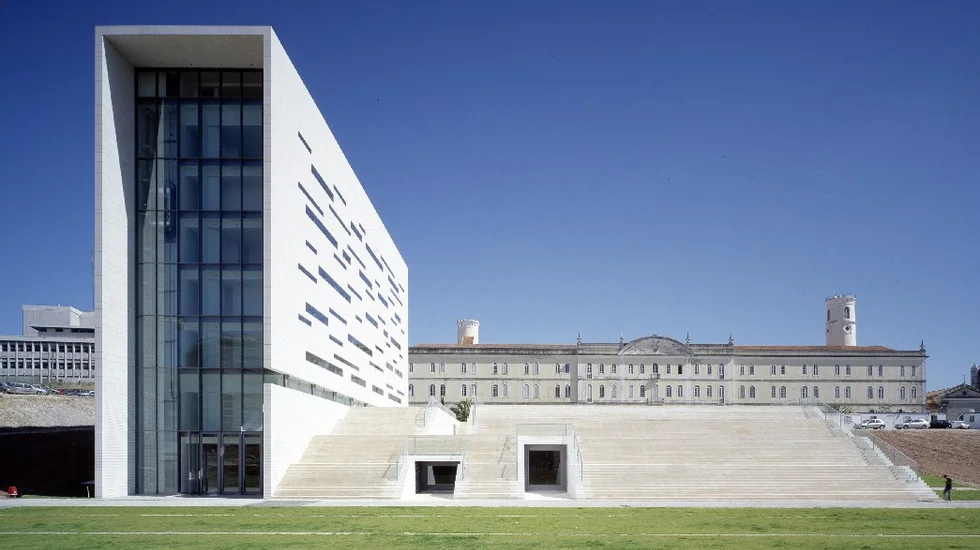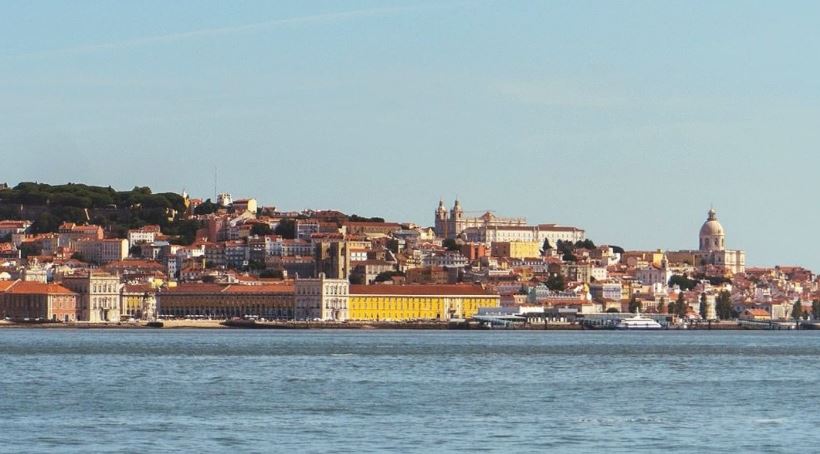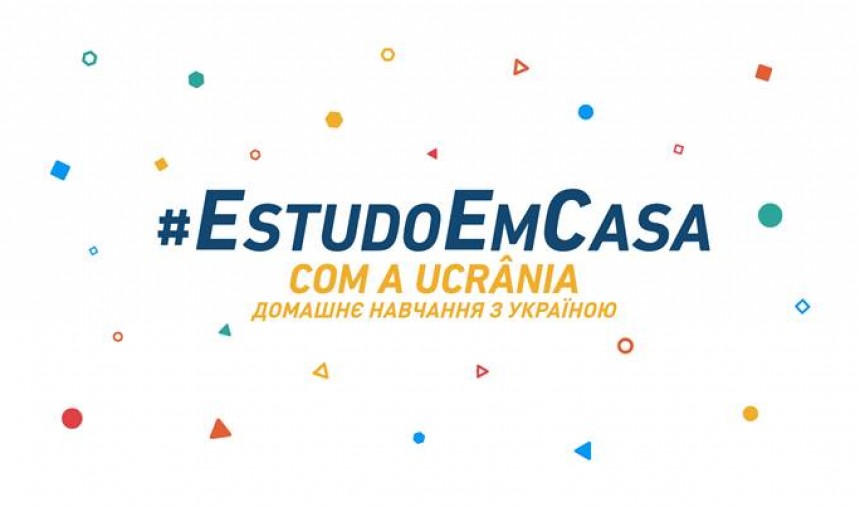Ukrainian students wishing to attend NOVA University Lisbon should follow these steps:
1. About NOVA University Lisbon
Get information about each School or Institute of the University, as well as the courses offered, in order to select which path to follow.

2. Special admission/Refugees from the War in Ukraine
Ukrainian refugees from the current war benefit from the Special International Student Statute in their application to a Portugueses Higher Education Institution, namely: access to social grants, including scholarships, and equality with national students in terms of payment of tuition fees, fees and emoluments.
The application in an emergency situation for humanitarian reasons must be submitted directly to the University and the candidate must certify that fits the status, with documentation issued by the National Foreign and Borders Service (SEF, in Portuguese), the High Commissioner for Refugees of the United Nations or the International Organization for Migration. Scholarship applications must be submitted by September 30th or up to 20 days after admission to the school.
The possibility of joining NOVA University Lisbon through the course change regime is also available.
Note: If candidates cannot provide proof of their academic qualifications, the University may adopt other methods of verifying them.
3. After collecting all the information, please contact the School or Institute of NOVA you intend to join
- NOVA SBE (NOVA School of Business and Economics): Undergraduate Programme studyatnova@novasbe.pt | Master’s Programmes leadyourfuture@novasbe.pt | Doctoral Programmes phd@novasbe.pt
- NOVA FCSH (NOVA School of Social Sciences and Humanities): naac@fcsh.unl.pt | ei@fcsh.unl.pt
- NOVA SST (NOVA School of Science and Technology): Undergraduate Programmes and integrated Masters: div.a.g.helpdesk@fct.unl.pt | Masters and Post-graduate studies: div.a.mestrados@fct.unl.pt
- NOVA Medical School (NOVA Medical School): Undergraduate Programmes: academicos@nms.unl.pt | Non-Degree courses: posgraduacao@nms.unl.pt | Masters: mestradosfcm@nms.unl.pt | PhD: doutoramentosfcm@nms.unl.pt
- NOVA School of Law: apoio.estudante@novalaw.unl.pt
- NOVA IMS (NOVA Information Management School): admissions@novaims.unl.pt
- NOVA Institute of Hygiene and Tropical Medicine: secensino@ihmt.unl.pt
- NOVA Institute of Chemical and Biological Technology António Xavier: itqb.academics@itqb.unl.pt
- NOVA National School of Public Health: alex.campos@ensp.unl.pt
4. Coming to Portugal

Having contacted the School or Institute, in order to get more information, you can also call the Consular Emergency Office – 217 929 714 or 961 706 472 – or try via e-mail: gec@mne.pt or sosucrania@acm.gov.pt
5. Special Temporary Protection
- Special temporary protection must be requested from the National Foreign and Borders Service (SEF, in Portuguese), either in person or online.
- You can also access the online form through the Diplomatic Portal or SEF’s online platform. Nationals of Ukraine living in the country before February 24, 2022, may be granted as well as family members, in-laws, or spouses. During this process, the following documents are also issued: residence permit; Tax Identification Number; social security identification number, and user number of the National Health Service.
Contacts in the countries bordering Ukraine
Portuguese Embassy in Warsaw (Poland)
Phone: (+48 22) 511 10 11/10/12
Telephone (emergency): (+48) 781 159 430
Email: varsovia@mne.pt
Portuguese Embassy in Bucharest (Romania)
Phone: (+40) 212 304 118
Telephone (emergency): (+40) 746 22 44 55
E-mail: bucharest@mne.pt | sconsular.bucareste@mne.pt
Portuguese Embassy in Bratislava (Slovakia)
Phone: (+421) 220 768 454
Email: bratislava@mne.pt
Portuguese Embassy in Budapest (Hungary)
Telephone (emergency): (+36) 306 019 706
General telephone: (+36) 12 017 616/7/8
E-mail: budapeste@mne.pt | sconsular.budapeste@mne.pt
6. Accommodation and food
If the beneficiary of temporary special protection requires, accommodation and the necessary means of subsistence will also be provided.
7. Integration in Portugal
In order to speed up your integration upon arrival in Portugal, you can also consult the Welcome Kit for refugees in Portugal. There are two support lines available for Ukrainian refugees: (+351) 218 106 191 (for calls outside Portugal) and 808 257 257 (for calls from Portugal).
8. Learning Portuguese

Different aspects of daily life and a set of essential vocabulary are available at the #HomeStudy with Ukraine lessons platform
Portugal also offers a variety of options for learning the Portuguese language, namely:
- IEFP (National employment and vocational training institute) – Contact centre in Ukrainian, every working day from 9 am to 5 pm: (+351) 215 803 470
- High Commissioner for Migration
- Rede Centros Qualifica
- Portal Oferta Formativa
- Schools
- ILNOVA (free Portuguese courses for refugees): ilnova@fcsh.unl.pt
9. Recognition of Academic Diplomas/Degrees
The Portuguese legal regime for the recognition of academic degrees and higher education diplomas awarded by foreign higher education institutions determines the existence of three types of recognition: automatic, level and specific. The process to request recognition is done exclusively online by filling and submitting the proper form.
Additionally, by decision of the Rector of NOVA University Lisbon, you may be eligible for exemption of paying recognition fees.
Note: a wide range of degrees/diplomas issued by Ukrainian higher education institutions will have automatic recognition. More information is on the General Directorate of Higher Education website.
